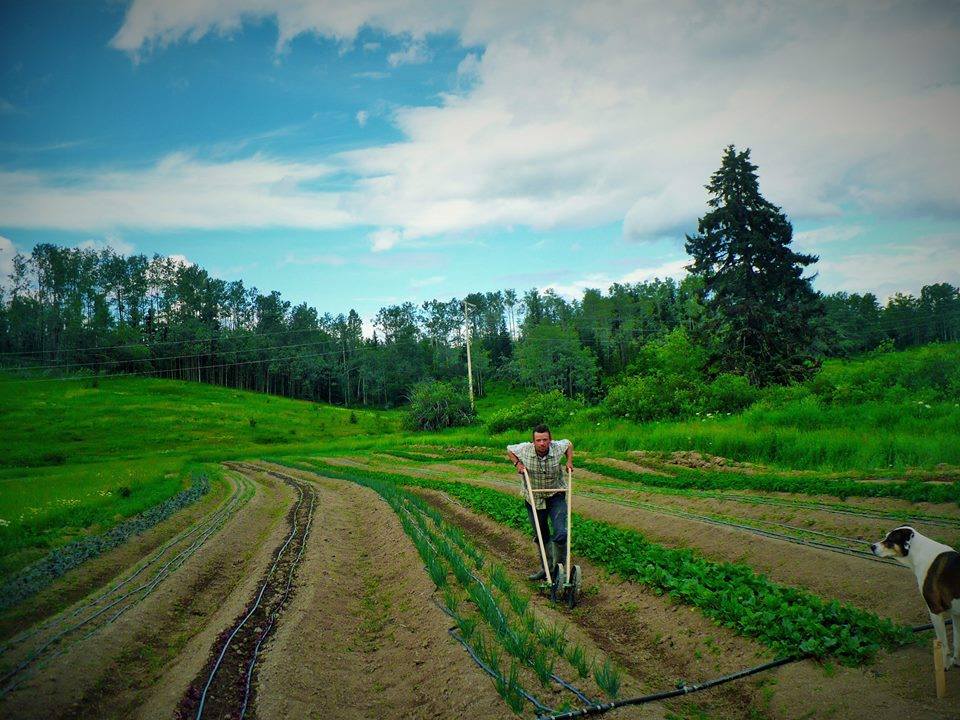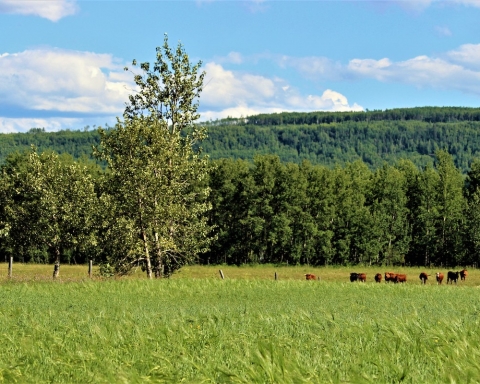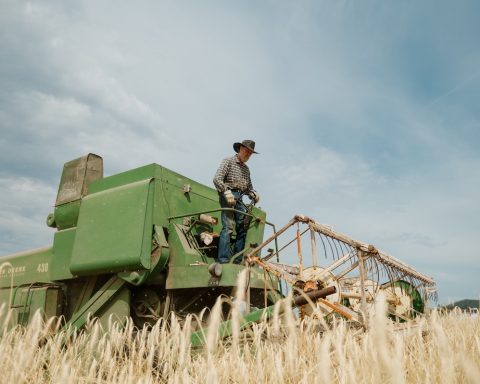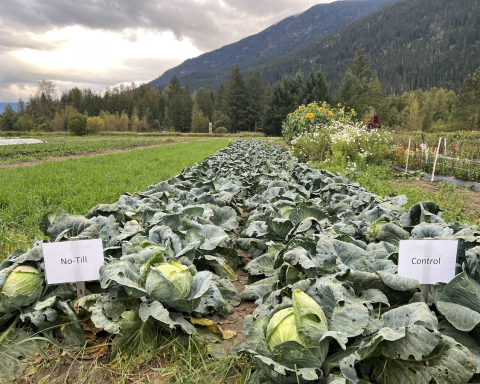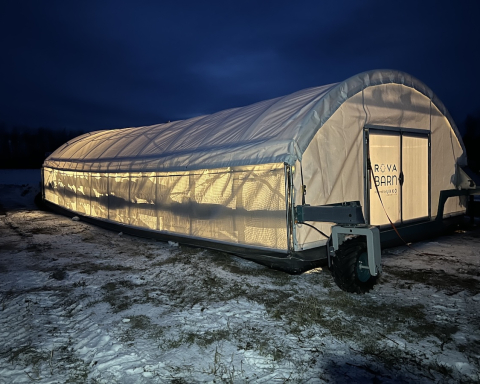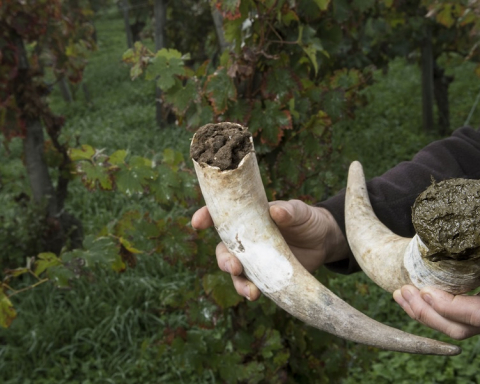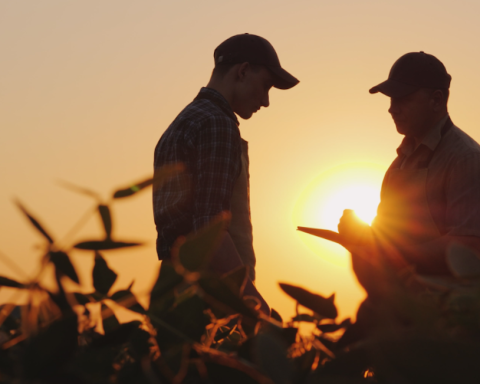Andrew J. Adams
From Fossil Fuel to Sweat Power
Sweat farming: an ideal low-carbon, low-stress, grease-less-hands, no-knuckle-bashing approach to organic farming.
All of you know that the price of food is low relative to the costs of production (though some might argue this), and that is due to our fossil fuel addicted economy. Mechanization sought to end the drudgery of producing sustenance, but at what costs? Now that the drudgery is gone, people pay money for drudgery and go into buildings to lift pieces of metal and contort their bodies in strange ways. Ironic, don’t you think?
We all know the saying there is no free lunch and in this case, it couldn’t be any truer. The true costs of our fossil fuel addiction are now only being fully realized since the tractor’s invention in 1892, though much could be said about the dust bowl days of my home state’s past.
It has been a steady race to the bottom ever since in terms of prices and environmental degradation. Falling prices due to the use of fertilizers and mechanization have caused an agricultural arms race in which there is truly no winner.
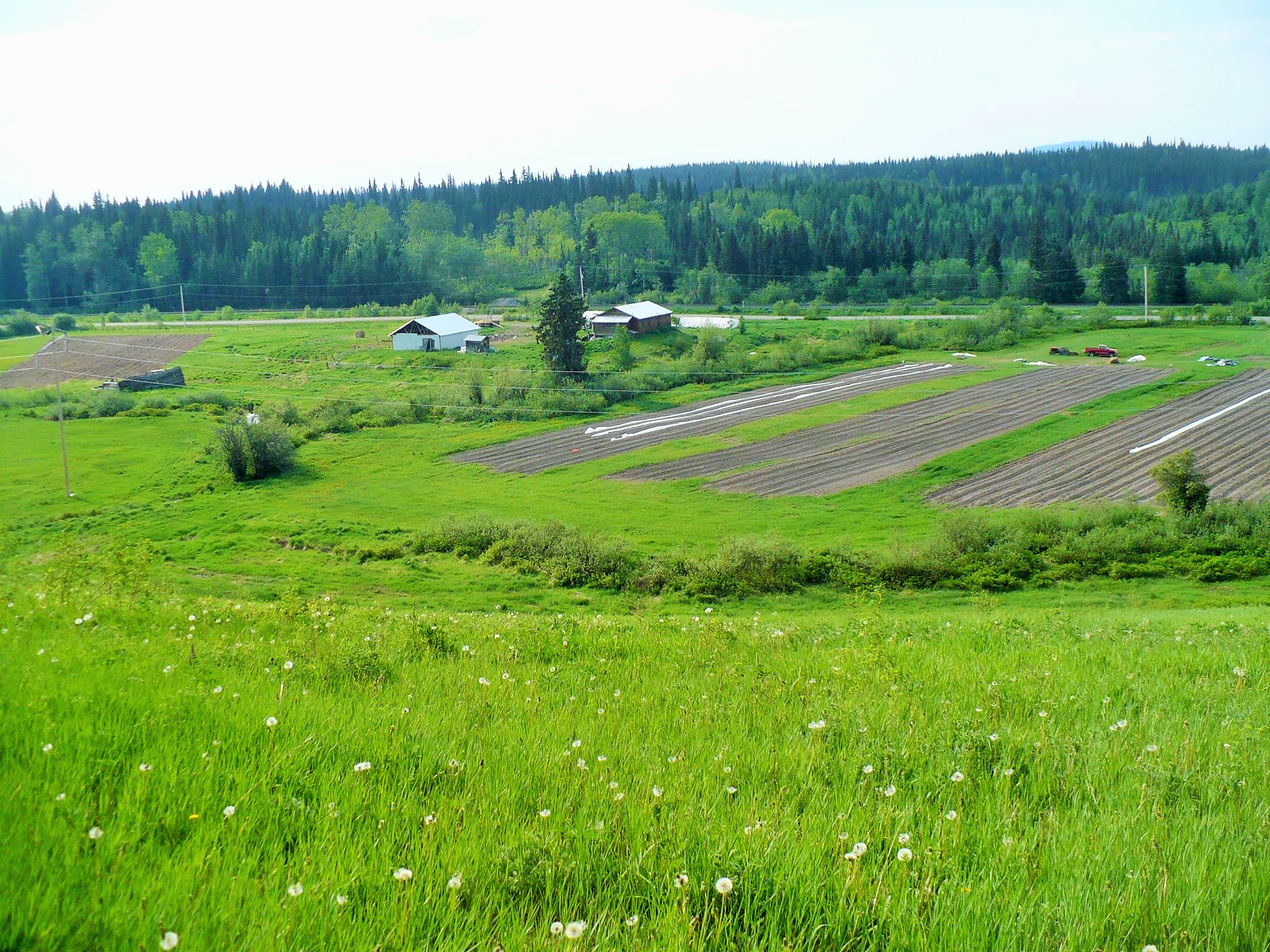
Here at Hope Farm Organics, we have been utilizing as little machinery as possible since our farm’s inception. This is not only due to our convictions but also the price of equipment in the north where there is comparatively hardly any agriculture happening. The reality of the low pricing and market competition hit hard and quick once we started jumping into producing on a larger scale and attempting to make our living from our produce.
We have dabbled in the devil’s promises with our potato digger, tiller, and tractor pulled plow, but to our defense we now feed our tractor waste veggie oil and we primarily use only hand tools and train ourselves to essentially become the machines that we loath. This does require some time in training to become ef cient and safe without harming joints. We hope to one day move toward primarily horse drawn equipment once we build a couple more barns and ne tune our production.
Tools of the Trade
Tools of the trade that we highly recommend to anyone wanting to make a go of what we are doing would be the following: a diamond hoe, stirrup hoe, earthway seed- er, broadfork, double wheel hoe with attachments and an assortment of peg boards for planting accuracy when it comes down to the little seeds like carrots (yes, we do all the carrots by hand).
A sharp hoe, or sharp tool of any kind for that matter, is essential for ease of work. Daily sharpening of tools before use is a must. On days that you forget to sharpen a tool, you will notice in terms of effort required to cultivate and weed.
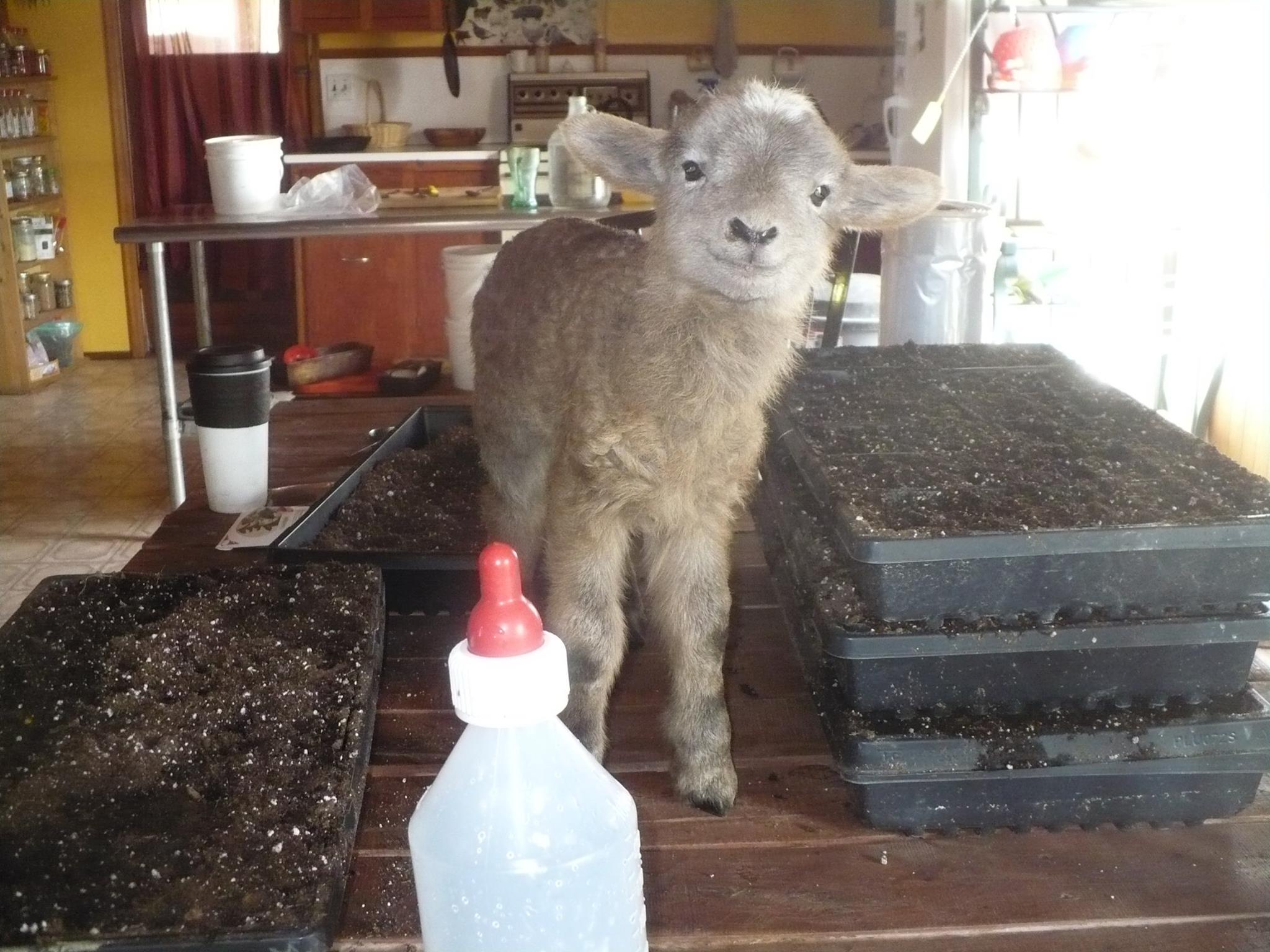
One tool that, once we found it, we could not do without besides our hands and backs is the double wheel hoe. This horse drawn plow look alike has made life so much easier and ef cient. With its many attachments, from cultivating teeth to stirrup hoes and even plows, this wheeled wonder has saved many hours of back breaking work and allows you to use different muscles not typically used in long handled hoeing.
The benefits of hand tools over machines? Think of it this way: you will never need to go to a gym! But a fair warning—sometimes you may eat lots of calorie ridden, cheesy goodness all winter to “stock up” on fuel for summer.
Humans, of course, are the most important tool in “sweat farming”, and one of the major challenges is finding help. Because of the low profit margins, it is essential that anyone on the farm become very efficient and do so very quickly, or profits can get tossed out the window on wages horrifyingly quick. In this instance, you have to know when to hire and when to fire. The training period for new hires is always tough. You have to give workers the benefit of the doubt that they will pull through and become food producing machines. This is not always the case, though, and we have learned over the years that it takes a special person to be able to do this type of work. Finding that person is as difficult as the work itself. You must have a passion for it because you won’t ever get a decent return on the effort in a monetary sense until someone turns the oil spout off for the planet and food prices reflect the lack of fossil fuel subsidies.
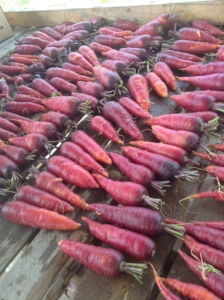
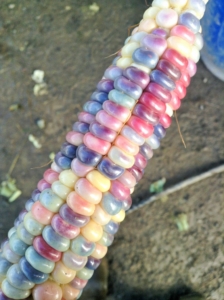
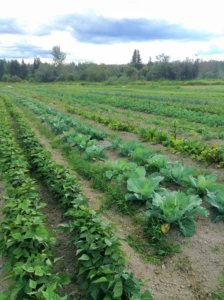
Stewards of Ecology
Another part of our “sweat farming” mantra is zero input production. When we talk about zero input farming, we are discussing no feed and no seed coming from outside sources. For us, this is an ongoing mission that will take years to fully achieve. Hey, we have nothing but time, right?
We believe almost to an obsession that a farm must become an ecology. The farmer is the master conductor in this symphony of soil, and must make all efforts to create bountiful production through thoughtful planning in the cold winter months, including where seed crops will be produced for the following years, animal grazing rotations to maximize soil health, and crop rotations to mitigate pests. This planning takes several years of observations of water drainage, soil fertility, ease of access, etc… after you first set foot onto your plot of land and decide to farm.
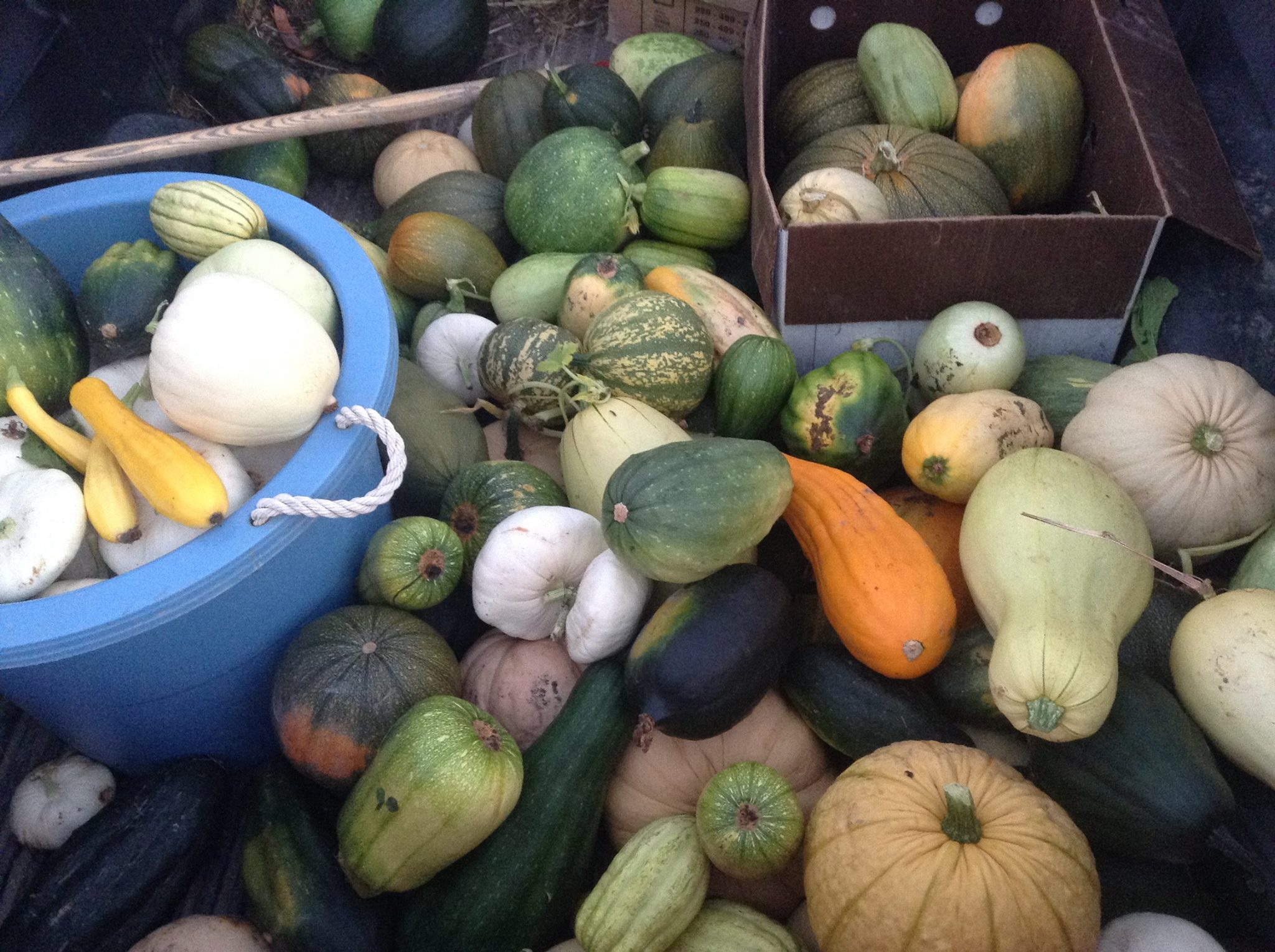
There is no get rich quick model in this type of food production, but it will in the end increase food security in an ever-growing uncertain climate. If the climate keeps changing alongside the predicted exponential hockey stick graph, then we can be sure that it will not take long for the food revolution to truly take root. Only then will the masters of the organic farm ecology finally have their day in the sun.
Careful planning, thoughtful observations and attention to plant breeding will yield great bushels of gold for those who are willing to wait and work at it. Heck, it only took us six years to produce our famous cantaloupe that is supposedly not possible to be grown in our biogeoclimatic region of the SBSvk (Sub Boreal Spruce Zone). Think of what we can accomplish with a lifetime of perseverance to do something different!
Andrew has a bachelors of science in Agriculture from Kansas State University and Janie has a Bachelor of education. After seeing the state of food security and agriculture in the north the two felt obligated to make real change in the form of organic food production and thus created Hope Farm in 2011.


